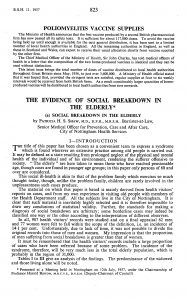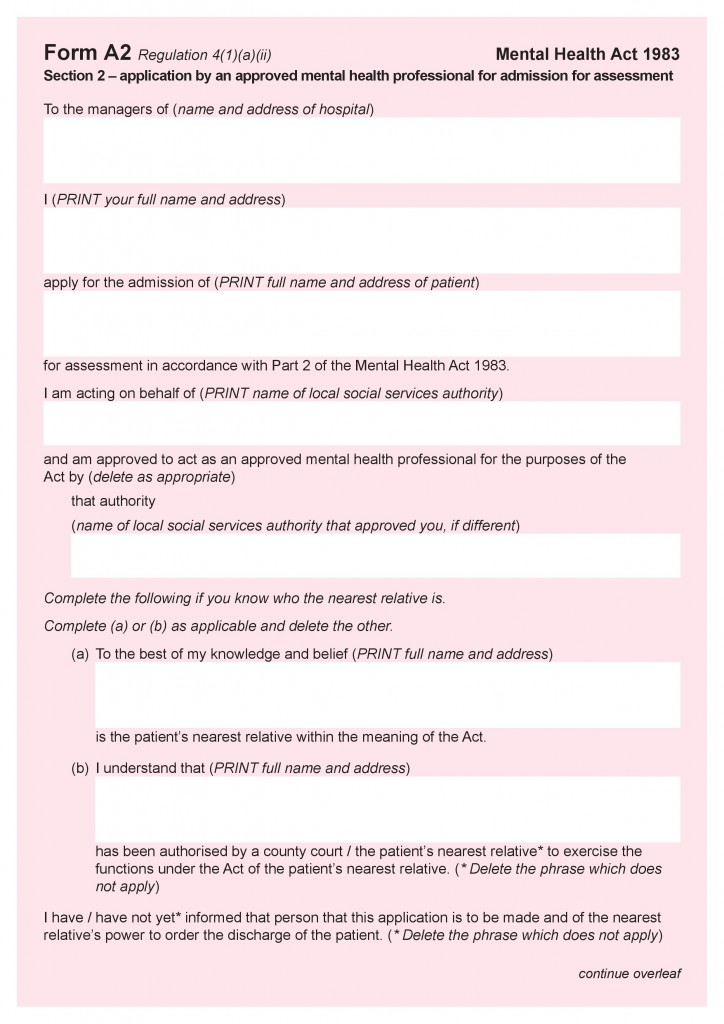Stephen Martineau reports from a gathering held at Melbourne House, King’s College London on 26 September 2025. (1884 words)
Introduction
The Mental Capacity Act 2005 and homelessness study is an ongoing examination of the mental capacity assessment of people in England who are homeless and who have experienced other forms of disadvantage. The research team have conducted a national practitioner survey (674 responses) and interviews with experts (n=13). The core of the study has involved interviews in three local authority sites with people with lived experience (n=32) and with practitioners (n=46). Together with expert collaborators, we are developing practice guidance. The project ends in March 2026.
Mid-way through the analysis of the site interviews we invited a group of experts in the field of mental capacity, homelessness – or both – to discuss some of the emerging findings. In particular, we asked this roundtable to think about the ‘diagnostic’ or ‘impairment’ part of the definition of incapacity in section 2(1) of the Mental Capacity Act 2005 (MCA). We met to do this at Melbourne House, King’s College London on 26 September 2025.
We are hugely grateful to those people who came along for this half-day event. In addition to thinking about the place of substance use, executive dysfunction and trauma in these assessments, participants also considered when MCA assessments may be misused, or where the Act may be the inappropriate ‘prism’ through which to decide practice approaches. The purpose in this blog post is to summarise the observations that were made during the roundtable – hopefully not, in the act of synthesis, doing damage to the particular points being expressed. It is worth stressing that the following is not a ‘consensus statement’ and, although we list the participants at the end of the post, we all contributed on the understanding that none of the views recorded in any subsequent publication, including this one, would be attributed to any individual who took part. Continue reading




